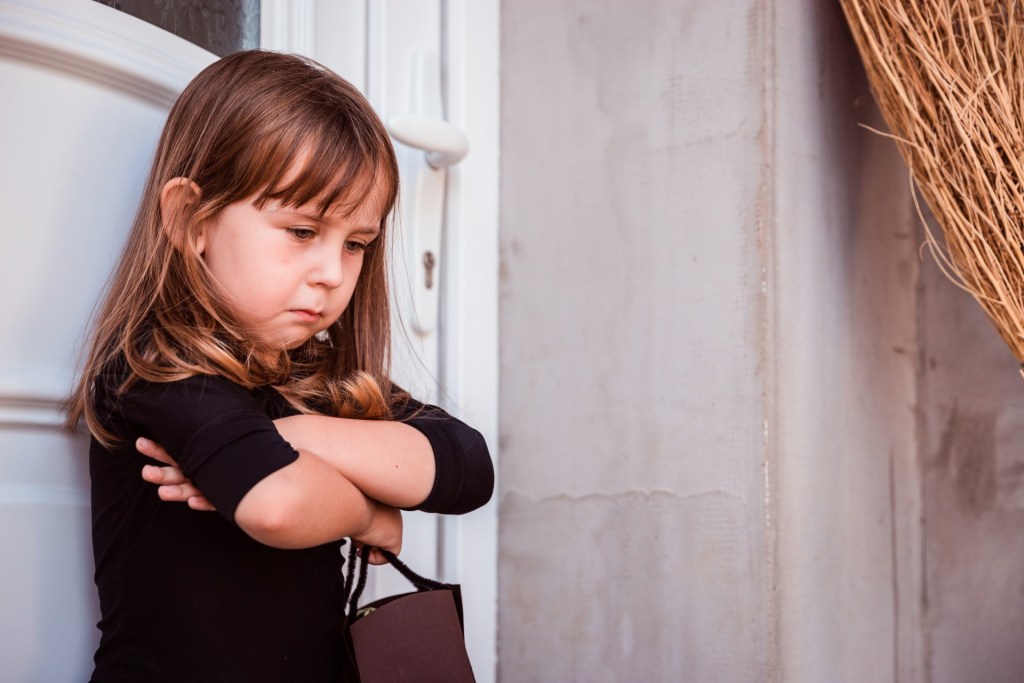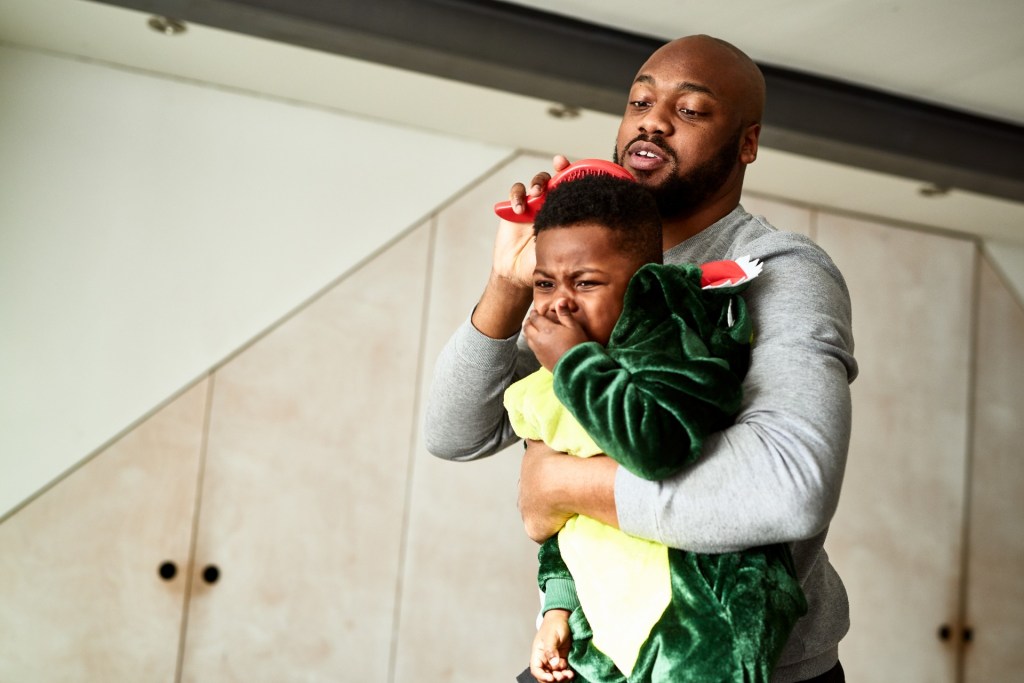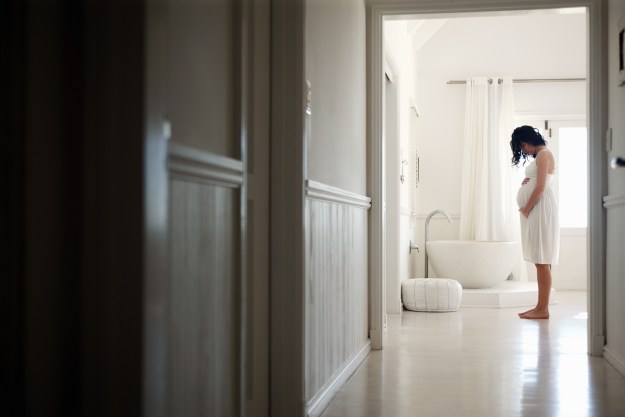When a toddler is found banging their head on a surface, it is understood that most parents are genuinely concerned and bothered by the action. Anytime a child engages in peculiar activities or acts out in new or strange ways, parents worth their salt will be curious as to why. Naturally, parents become very worried about such behaviors and reach out for resources and support from others when their little ones exhibit potentially dangerous actions. If you find yourself banging your head with worry and asking, “Why does my toddler hit his head?”, it’s only natural to be worried.
Not only is it completely understandable for you to feel incredibly anxious or concerned about your toddler’s headbanging situation, but this behavior is also normal under most circumstances and explainable for most situations. That’s not just an opinion. There are many experts backing up this information.

Why would a toddler bang their head?
To most adults, banging one’s head off a surface draws up the feeling of frustration or hurt. It’s for this reason that parents find themselves caught up in a whirlwind of worry that they are doing something wrong or are somehow failing at their job as caregivers. It may come as a surprise to a lot of parents however, headbanging in babies and toddlers is a normal action or activity that little ones sometimes engage in. Pediatrician Dr. Elana Pearl-Ben-Joseph, MD, a board-certified pediatrician at Nemours Children’s Health System tells parents, “Headbanging can be upsetting for parents to see. But in most cases, occasional headbanging is a form of self-stimulation, self-comfort, or a way to release frustration.”
Headbanging has been linked to self-soothing – the repetitiveness being a calming sensation for babies or toddlers’ busy minds for rest, to self soothe after waking up in the night, or to redirect their attention from teething pain or an ear infection. Up to 20% of children bang their heads on purpose, most of them being boys. They usually outgrow this habit, often by the age of three.
Dr. Ben-Joseph goes on to encourage parents by telling them: “While headbanging is common and usually nothing to worry about, in some kids it can be part of a developmental problem. A child who is headbanging often, particularly if there’s a question of developmental delay or abnormal social interactions, should be seen by a doctor”

How to handle a toddler who bangs their head
If you have discovered your little one tapping their heads against a surface, you may be wondering what you can do to intervene. It’s important that parents:
-
- Ensure your child is safe from injury. As long as your little one is not injuring themselves with their actions or striking their head on a surface that could potentially injure them, there’s no immediate need to step in. Most kids will use their bedding, pillows, headboard, or crib railing to self-soothe.
-
- Do not scold or reprimand your toddler for engaging in this behavior. Most children are too young to understand that what they are doing is wrong. If shame or punishment is brought into the mix, it can cause future issues for parents as well as for kids.
-
- Ensure your child is not suffering from an injury or illness. Small children cannot communicate their pain to adults well, and they may choose to try and distract themselves from an earache, a tooth popping through their gums, or a headache. You should address those medical needs at once and re-evaluate your child’s head-hitting habit later after the discomfort they were feeling is addressed.
-
- Follow-up and address any lingering worries with your child’s pediatrician. Any time you have a question or concern about your child, it’s paramount to speak to your pediatrician promptly. This allows you to see the issue as it is manifesting, while also giving you a clear picture of what is actively happening with your child, instead of after the fact. By including your child’s pediatrician in your worries or fears about headbanging and what it could mean for your child specifically, you’re addressing all medical and behavioral problems at one time. This can allow your child’s physician to diagnose any underlying medical issues or identify issues before they develop further.
It’s perfectly normal to feel worried if you find your child bumping their head from the crib railing during the night. Some parents can feel overwhelmingly concerned that their child is in imminent danger or is experiencing major trauma, however, headbanging is normal behavior during the first few years of development.
If your child persists to bang their heads or are experiencing other symptoms such as lack of speech, hyper-emotion, or other developmental delays, speak with your child’s pediatrician as soon as possible.
Editors' Recommendations
- When do babies start talking? Should you be concerned if yours isn’t?
- These potty training tips will save your sanity
- Are baby walkers safe? 5 dangerous reasons you shouldn’t add one to your registry
- Baby registry must-haves: This is everything that should be on your list
- How much water should a 1-year-old drink? What you need to know



